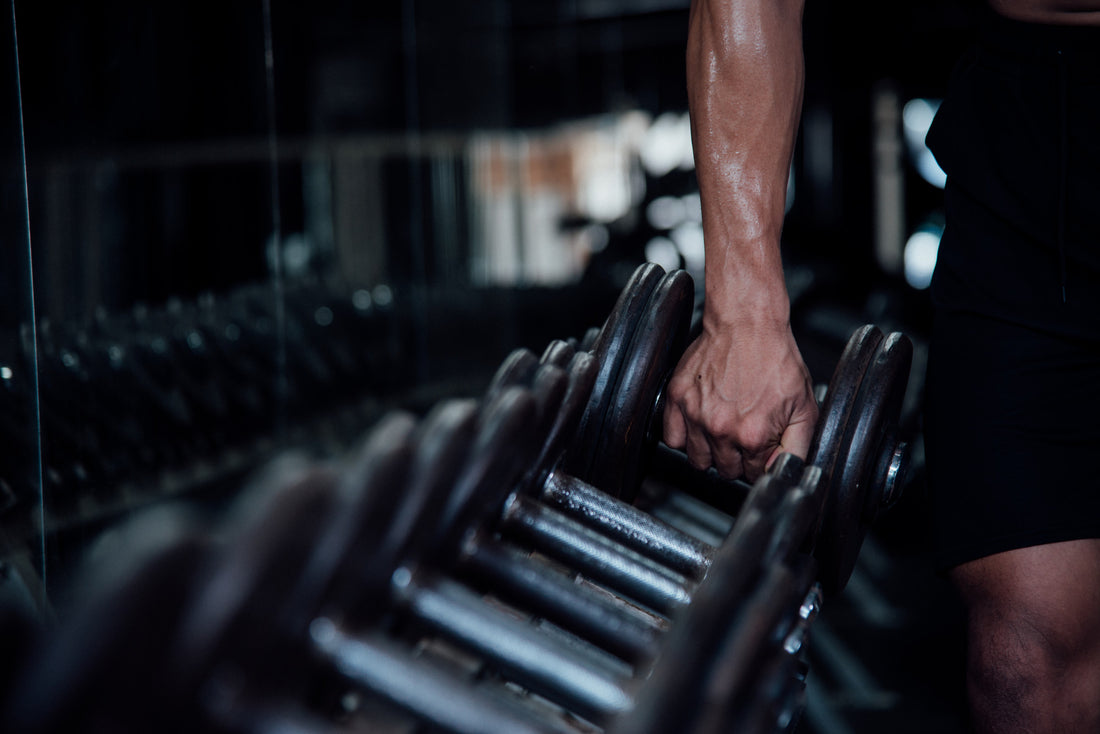Sporting activity is not only a physical challenge , but also places high demands on your diet. The correct supply of vitamins and minerals is crucial for athletes as these nutrients play a key role in numerous physiological processes. In this article, we delve deeper into the importance of vitamins and minerals for athletes and provide detailed tips on how you can prevent deficiency symptoms.
Why are vitamins and minerals so important for athletes?
Vitamins and minerals are micronutrients that support a variety of functions in the body. In the context of sporting activities they are particularly important for:
-
Energy production: B vitamins play a key role in energy metabolism, which is crucial for endurance and performance during sport.
-
Muscle contraction: Minerals such as magnesium and potassium are essential for normal muscle function. A deficiency can lead to muscle cramps and reduced performance.
-
Regeneration: Antioxidant vitamins such as vitamin C and E help muscles regenerate faster and reduce the likelihood of muscle inflammation.
- Immune function: Vitamins A, C, D and zinc are crucial for a functioning immune system. Intense physical activity can put a strain on the immune system, so adequate supply is particularly important.

Tips to avoid vitamin and mineral deficiencies:
-
Macronutrient balance: Make sure to consume a balanced diet with enough carbohydrates, proteins and healthy fats. These macronutrients are the foundation for optimal performance.
-
Micronutrient-rich foods: Incorporate foods rich in vitamins and minerals into your diet. This includes fresh fruits, vegetables, whole grains, lean meats, fish, nuts and seeds.
-
Individual needs analysis: Every athlete has different requirements. Consider your individual needs based on the type of exercise you do, the intensity and your health status.
-
Sunlight for Vitamin D: Vitamin D is essential for bone health. Use regular sun exposure to support the skin's natural production of vitamin D.
-
Pay attention to hydration : Adequate fluid intake is important to facilitate the absorption of nutrients. Drinking enough water is crucial, especially during intensive training sessions.
-
Avoid overly processed foods: Refined foods can be low in important nutrients. Prioritize fresh, whole foods to ensure optimal nutrient absorption.
-
Supplement as needed: If you are unsure about possible nutrient gaps, consult a nutritionist or health professional. In some cases, targeted nutritional supplements may be useful.
-
Emphasize regeneration: Breaks and sufficient sleep are crucial for the body's regeneration. During this time, the body can concentrate on absorbing and using nutrients.
Conclusion:
Avoiding vitamin and mineral deficiencies during exercise requires a holistic and well-thought-out nutritional strategy. By choosing a wide range of foods, analyzing your individual needs and using nutritional supplements if necessary, you can ensure that your body is optimally supplied with the necessary nutrients. A well-thought-out diet is crucial not only for athletic performance, but also for long-term health and well-being.

